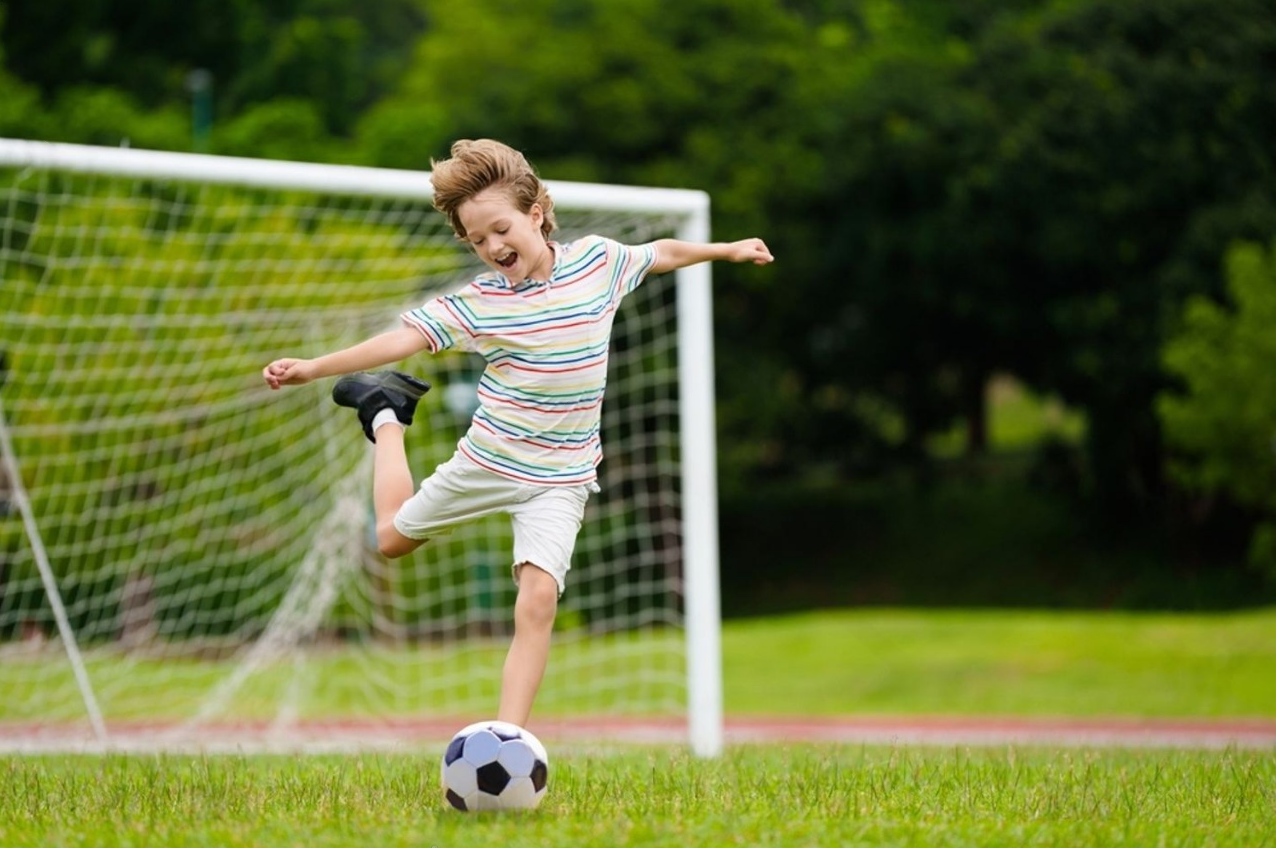
Unterstützung von Schüler-Athlet:innen nach einer Gehirnerschütterung
Unterstützung von studentischen Sportlern nach einer Gehirnerschütterung: Wichtige Erkenntnisse für Football-Profis
Unterstützung von Schüler-Athlet:innen nach einer Gehirnerschütterung Gehirnerschütterungen sind ein ernstzunehmendes Problem im Jugendsport, insbesondere im Football, wo das Risiko von Kopfverletzungen besonders hoch ist. Für Fachleute, die mit jungen Athleten arbeiten, ist es entscheidend, zu verstehen, dass Gehirnerschütterungen nicht nur die körperliche Gesundheit betreffen, sondern auch die Fähigkeit der Athleten, in die Schule zurückzukehren und akademische Leistungen zu erbringen, erheblich beeinträchtigen können.
Eine kürzlich im Journal of School Health veröffentlichte Studie hebt die Rolle schulischer Unterstützungsmaßnahmen bei der Genesung von Schüler-Athlet:innen nach einer Gehirnerschütterung hervor. Lehrkräfte und Administrator:innen aus Kanada teilten ihre Perspektiven und zeigten auf, wie Schulen die Rückkehr von Schüler-Sportler:innen ins Lernen besser unterstützen können. Für Schiedsrichter:innen, Trainer:innen und Gesundheitsfachkräfte gibt es wichtige Erkenntnisse, wie wir gemeinsam mit Schulen den Genesungsprozess junger Football-Spieler:innen verbessern können.
Notwendigkeit akademischer Unterstützungsmaßnahmen
Nach einer Gehirnerschütterung haben Schüler-Sportler:innen oft mit Symptomen wie Kopfschmerzen, Gedächtnisproblemen und Lärmempfindlichkeit zu kämpfen, was den Schulalltag erschwert. Laut der Studie sind 96 % der Lehrkräfte der Meinung, dass Unterstützungsmaßnahmen – wie verlängerte Abgabefristen oder Pausen während des Unterrichts – entscheidend sind, damit sich Schüler:innen erholen können, ohne schulisch zurückzufallen. Allerdings sind nicht alle Maßnahmen leicht umzusetzen.
Während zusätzliche Zeit oder Unterstützung relativ leicht umsetzbar sind, ist es schwieriger, Bedingungen wie gedämpftes Licht oder reduzierte Geräuschpegel in vollen Schulumgebungen zu gewährleisten. Als Fachleute, die eng mit diesen Schüler:innen arbeiten, müssen wir diese Einschränkungen anerkennen und effektiv mit Lehrkräften kommunizieren, damit Athleten sowohl auf als auch neben dem Spielfeld die notwendige Unterstützung erhalten.
Gehirnerschütterungsmanagementpläne und Zusammenarbeit
Ein zentrales Ergebnis der Studie war, dass weniger als die Hälfte der Schulen über formale Gehirnerschütterungsmanagementpläne verfügten. Schulen mit solchen Plänen konnten Unterstützungsmaßnahmen weitaus eher bereitstellen und eine konsistente Begleitung der Schüler:innen sicherstellen. Als Trainer:innen, Schiedsrichter:innen und Gesundheitsfachkräfte müssen wir uns für Managementpläne einsetzen, die nicht nur die Rückkehr-auf-das-Spielfeld-Protokolle, sondern auch Rückkehr-ins-Lernen-Strategien enthalten.
Die Zusammenarbeit zwischen Football-Fachleuten und Schulen ist unverzichtbar. Wir spielen eine Schlüsselrolle bei der Überwachung der Genesung der Athleten, und durch enge Kooperation mit Pädagog:innen können wir sicherstellen, dass Schüler:innen während des gesamten Genesungsprozesses konsistente Unterstützung erhalten. Eine benannte Ansprechperson in der Schule – sei es eine Lehrkraft oder ein:e Administrator:in –, die die akademischen Anpassungen koordiniert, kann die Erfahrung der Genesung erheblich verbessern.
Kommunikation ist der Schlüssel
Eine wirksame Kommunikation zwischen Lehrkräften, Gesundheitsdienstleistern und Football-Fachleuten ist für das Gehirnerschütterungsmanagement entscheidend. Laut der Studie hatten Lehrkräfte zwar eine starke Kommunikation mit den Schüler:innen, berichteten jedoch von Schwierigkeiten im Austausch mit Gesundheitsfachkräften. Als Coaches und Gesundheitsprofis können wir helfen, diese Lücke zu schließen, indem wir Schulen regelmäßig Rückmeldungen geben, Informationen zum Genesungsverlauf teilen und sicherstellen, dass die Unterstützungsmaßnahmen passend sind.
Unterstützung von studentischen Sportlern nach einer Gehirnerschütterung: Empfehlungen für Football-Profis
-
Für Managementpläne eintreten: Schulen sollten Pläne einführen, die sowohl Rückkehr-zum-Sport- als auch Rückkehr-ins-Lernen-Protokolle umfassen.
-
Im Genesungsprozess beteiligt bleiben: Trainer:innen, Schiedsrichter:innen und Gesundheitsfachkräfte sollten den Kontakt zu Schulen halten und den Fortschritt der Schüler:innen überwachen.
-
Aufklärung fördern: Gehirnerschütterungsaufklärung sollte nicht nur Athleten, sondern auch deren Familien, Lehrkräfte und das gesamte Schulpersonal einschließen.
-
Mit Schulen kooperieren: Enge Zusammenarbeit mit Pädagog:innen und Administrator:innen stellt sicher, dass akademische Unterstützungsmaßnahmen realistisch und wirksam umgesetzt werden.
Unterstützung von Schüler-Athleten nach einer Gehirnerschütterung: Fazit
Unsere Verantwortung als Football-Fachleute geht über das Spielfeld hinaus. Es ist entscheidend, dass Schüler-Athlet:innen nach einer Gehirnerschütterung beim Wiedereinstieg in die Schule gut unterstützt werden – für ihre vollständige Genesung und ihren langfristigen Erfolg. Durch Zusammenarbeit mit Schulen und das Eintreten für starke Managementpläne können wir einen wesentlichen Beitrag zu Gesundheit und akademischem Erfolg junger Athlet:innen leisten.


